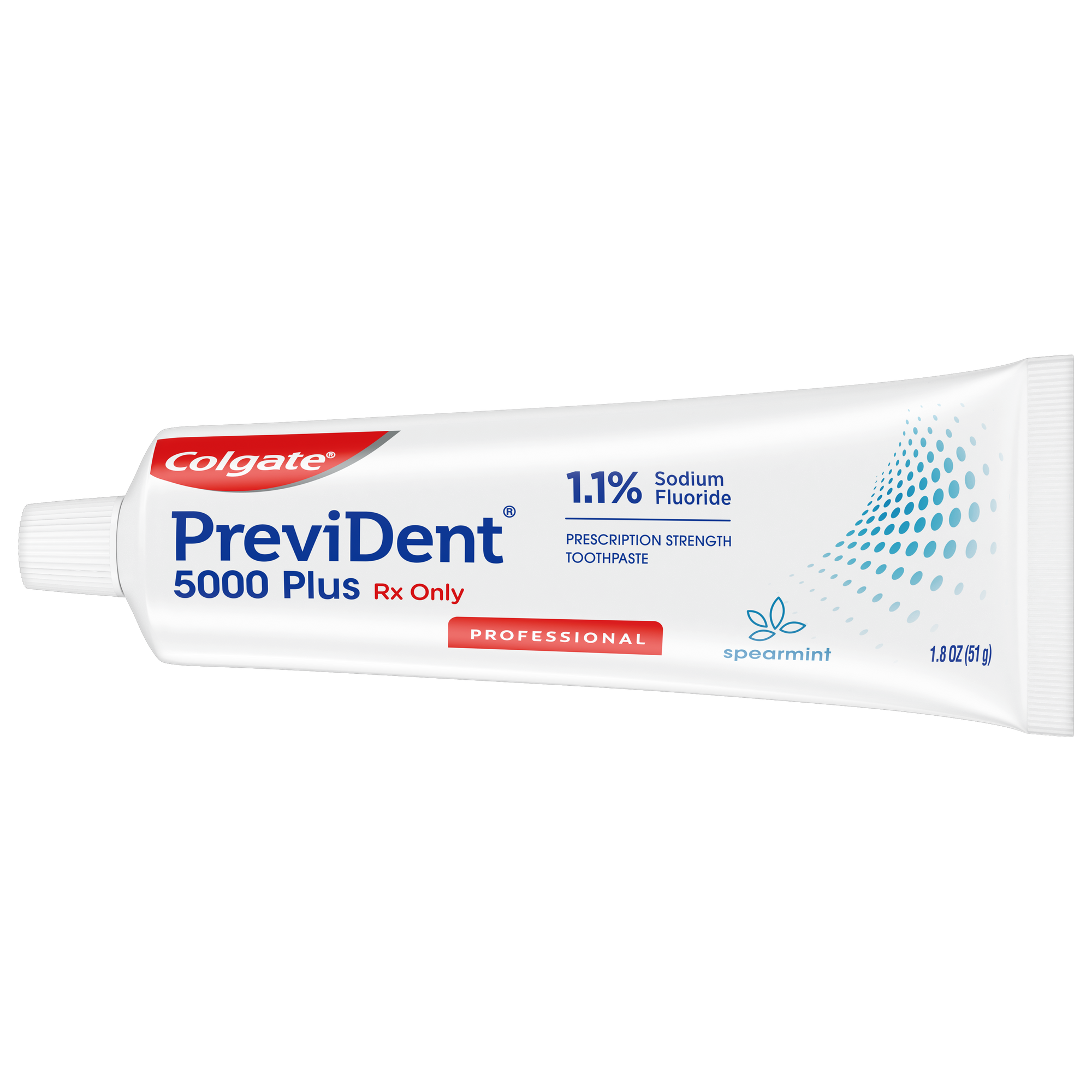What Are the Symptoms of Tongue Lesions?
Symptoms of tongue lesions are any abnormal damage to the surface of your tongue, including:
- Discoloration
- White patches
- Sensitivity
- Burning sensation
- Tingling
- Itching
- Pain
- Swelling
- Abnormal growth
- Pus
- Scabbing
- Or blistering
What Causes Tongue Lesions?
Sometimes tongue lesions are caused by external injuries, which often heal independently based on the severity of the lesion. Some health issues that could cause tongue lesions include:
- Inflammatory disorders Geographic tongue occurs in about 3% of the population. It's a condition that can cause inflammation and tiny red bumps that change shape over time. They tend to go away after only a week or two without much pain or discomfort.
- Dietary issues According to Stanford Medicine, dietary issues like iron deficiency or B12 deficiency may lead to a painful, red, and "beefy" tongue. B12 deficiency can be prevented by ensuring you have enough of the vitamin in your diet or taking supplements.
- Bacterial infections Bacterial infections, like scarlet fever, can cause tongue lesions. According to the Mayo Clinic, if you have scarlet fever, you'll likely have a rash covering most of your body and high fever in addition to a red and bumpy tongue. Tuberculosis and syphilis can also cause tongue lesions in rare circumstances.
- Viral infections John Hopkins Medicine states that oral hairy leukoplakia is a viral infection that causes white patches to form on your tongue and is a symptom of having the Epstein-Barr virus (which nearly all adults have) in addition to a weakened immune system from disease (most commonly HIV). Herpes is another viral infection that can cause tongue lesions in the form of vesicles (sacs of fluid) on your tongue.
- Fungal infections According to the Centers for Disease Control (CDC), Candida albicans (oral thrush) is the most common fungal infection. It shows symptoms on the tongue like white patches, redness or soreness, cottonmouth, loss of taste, pain when eating or swallowing, and cracking and redness at the corners of your mouth.
- Precancerous or cancerous tongue lesions Leukoplakia (not to be confused with oral hairy leukoplakia) is a condition that appears as white or gray patches on the tongue that can't be wiped away. According to the Cleveland Clinic, 3-17.5% of people with leukoplakia develop squamous cell carcinoma, a common skin cancer type, within 15 years. The Oral Cancer Foundation states that about 90% of oral cancers are squamous cell carcinomas.
- Immune disorders If you have a weakened immune system or an autoimmune disorder, you could get canker sores, hairy oral leukoplakia (which we mentioned in viral infections above), and lichen planus, which are benign white patches on the tongue, mouth, and gums that may be chronic and can itch or burn.
How Does a Dentist Treat Tongue Lesions?
If you experience any pain or lesions on your tongue and they don't go away on their own within 10-14 days, or if you are worried about your condition, see your dental professional or health professional right away.
How your dental professional will treat your lesion depends on what you are diagnosed with. If your lesion has been caused by an underlying health issue, treating that health issue may help your lesion go away. Moderate conditions may be treatable with a special mouthwash and over the counter pain medication. Perhaps steroids will be prescribed to you. More severe conditions like cancer may require surgery or chemotherapy.
How to Prevent Tongue Lesions
Some tongue lesions are more preventable than others. By taking care of your overall health, eating a healthy diet, and practicing good oral hygiene, you will be best positioned to prevent lesions and the many conditions that cause them. Brush at least twice a day, and don't forget to brush your tongue. Choose a gentle antimicrobial mouthrinse for sores if you experience pain from your lesion. And be sure to see your dental professional for regular appointments.
Hopefully, if you have a tongue lesion, you've been able to narrow down the potential causes with this information. If you decide an appointment with your health or dental professional is necessary, you should have a good base of knowledge to have an informed conversation and move forward with diagnosis and treatment in a way that makes you smile. You can do this!
This article is intended to promote understanding of and knowledge about general oral health topics. It is not intended to be a substitute for professional advice, diagnosis or treatment. Always seek the advice of your dentist or other qualified healthcare provider with any questions you may have regarding a medical condition or treatment.
ORAL HEALTH QUIZ
What's behind your smile?
Take our Oral Health assessment to get the most from your oral care routine
ORAL HEALTH QUIZ
What's behind your smile?
Take our Oral Health assessment to get the most from your oral care routine















